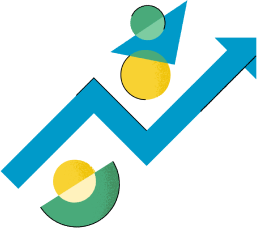Catalogue of interventions
Our wide range of online modules, diaries, questionnaires and self-help training can be used in many mental and behavioural health settings. Care providers can choose from modules that are recovery-focused as well as those aimed at a specific diagnosis. Our ehealth platform enables interventions to be adapted and combined to create a personalised route for each client. Are you interested to know what our content is based on? Read more about behavioural change at Minddistrict.
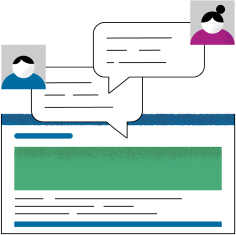
Frequently searched topics
-
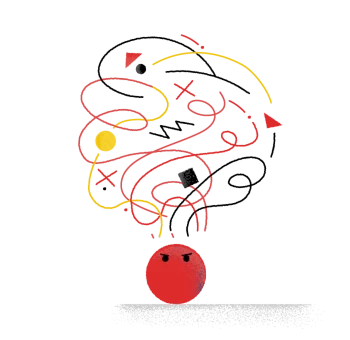
Coping with stress
Helping people to deal with their stress before it becomes unmanageable
Read more -
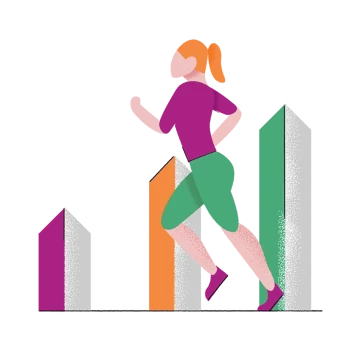
Living a healthy lifestyle
Helping clients learn to be healthier through exercise or eating habits
Read more -
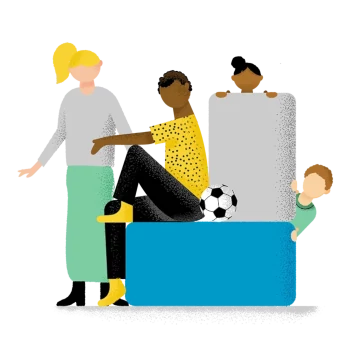
Youth
Content aimed at helping children and young people
Read more -
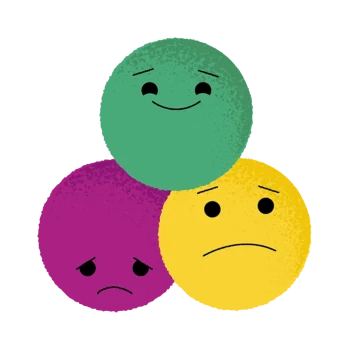
Depression and anxiety
Online interventions for those with a depression or anxiety diagnosis
Read more -
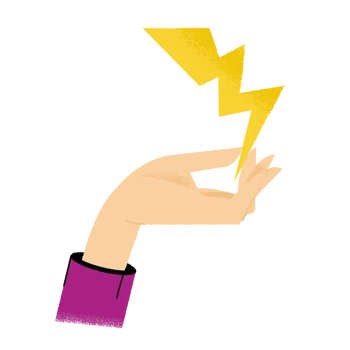
Long term conditions and mood
Psychological support for clients living with a long term condition
Read more
Our transdiagnostic approach to content
We aim to develop a broad catalogue of online interventions that can help clients to make a behavioural change. Whilst we recognise that content aimed at treating a specific diagnosis is important, we also encourage the development and use of transdiagnostic content focused on complaints, goals or methods that can be tailored for individual clients.
